Kathryn Wheaton was on her first day as a Production Assistant on Rick and Morty when the person training her told her the show was unionizing: “We’re coming out publicly. Are you okay being a part of this?”
Wheaton’s response: “Hell, yeah.”
Why? “You get the protections,” she says.
Historically, animation production in Los Angeles County has been non-union in a mostly unionized industry, resulting in multiple inequities. It’s a sector that includes assistants, managers, and other “boots on the ground” workers, and there has been a long-held stigma that production doesn’t require the same level of expertise as the art and craft side of the business. “But we’re the connective tissue of all of the departments in animation,” says Katerina Agretelis, a Production Coordinator for ShadowMachine. “When people ask me what my job is, I always like to say, I’m one of the people who makes sure the show actually gets made.”
“Production people have to have creative solutions to creative problems, even if it’s not necessarily in the way people think of creativity in this industry,” says Cel La Flaca, a Production Coordinator at Titmouse L.A.
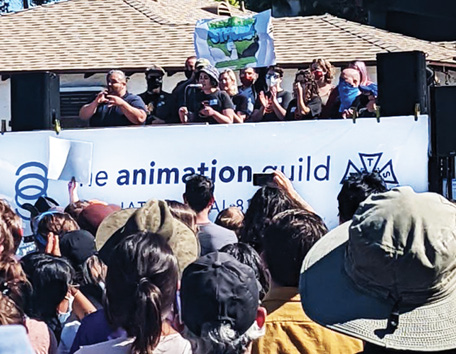
Lack of union representation had been simmering on the back burner for decades. When TAG held a Town Hall for animation production workers in October 2021, the pot began to boil. Led by TAG’s new Organizer Ben Speight, it was open to production workers at all studios.
Kallan Zimmerman, a Production Manager on Solar Opposites, was at that meeting. “There were over a hundred people there, which was really exciting,” she says.
While talk about unionizing at various studios and productions had been gaining traction before the pandemic, Covid derailed some of these efforts. Now, the Town Hall jump-started serious conversation.
At ShadowMachine, “there were a couple people who had a pretty robust spreadsheet of who was working at [the studio],” Agretelis says. “It felt a lot more concrete this time. The real deal, rather than murmurs.”
La Flaca welcomed this change. “For quite some time, I’ve had the sentiment that production should be part of The Animation Guild,” he says, but because people weren’t talking openly about the issue, “I felt I was a lone wolf.”
Falling Dominos
Such conversations can feel uncomfortable, but Wheaton strongly encourages workers to discuss wages. “Having pay transparency is so essential because then you know who’s getting underpaid,” she says. Zimmerman emphasizes that it’s important to “keep in mind, it’s business, not personal. This is about [your] livelihood.”
In February 2022, Titmouse L.A. demanded and won voluntary recognition to unionize. If ever there was proof of the domino effect, this was it. Rick and Morty and Solar Opposites went next, and by June production crews preparing to join TAG also included ShadowMachine and the trio of The Simpsons, Family Guy, and American Dad! at 20th TVA.

According to Margaret Glaser, an Assistant Production Manager on The Simpsons, organizing had been under discussion for a while, but “[we] went full-speed ahead because basically, Solar Opposites and Rick and Morty went. They inspired us to realize, you didn’t have to be in person to do it.”
In an interesting twist, a major restriction of the pandemic made organizing easier. The Simpsons had been trying to connect their efforts with American Dad! and Family Guy, but it was hard to get everyone in the same room. “On Zoom you can join from your phone, wherever you are. It made a major difference,” Glaser says.
Using video and phone calls, organizing efforts in all cases included information meetings and reaching out one-on-one to co-workers to find out if they were in favor of organizing and willing to help. Organizers also sought to identify the most important issues. The top-line items were pay equity, healthcare, and pensions.
“Hearing from people about how wages have not been updated for a decade, maybe two decades, that definitely lit a fire in my heart,” says Agretelis, noting that the average Production Manager makes about the same as an entry-level Animation Designer.
Now an Office Coordinator, Wheaton feels that a lack of equitable wages can create barriers to a diverse workforce. “It’s creating an unintentional gatekeeping. People who aren’t born into privilege, they can’t take these opportunities because they’re like, I can’t afford to work here. A lot of [productions] are missing out on great talent because they’re not offering enough.”
Meeting the Challenge
Because Rick and Morty and Solar Opposites were both small shows, Zimmerman says, “It felt like a pretty achievable mountain to climb.” But challenges arose. The studios agreed to recognize all job categories except Production Managers. The dispute went before the National Labor Review Board, “where we had to prove that we weren’t supervisors under the law,” Zimmerman says. “That was pretty demoralizing.”

Shortly after that, the production workers began discussing the possibility of a strike. In preparation, their TAG Shop Stewards polled the artists to gauge their level of support in the event production voted to authorize a strike. Word got out, and the studios conceded quickly—the same day, in fact, that production workers officially voted to authorize a strike to happen the following week. “It couldn’t have been done without the support of the artists,” Zimmerman says.
“People are hesitant when the word strike is put out there,” says Wheaton, because they’re worried about not being paid and about retaliation. And when it comes to some younger workers, according to La Flaca, “They genuinely don’t see themselves as valuable. They say, oh, I haven’t been here long enough. I haven’t earned a voice. You don’t need to earn one! You have one!” It’s definitely a cultural shift.”
Another difficulty comes from the fact that anyone working on an organizing effort already has a full-time job and is overworked—that’s why they’re organizing. “It’s easy to get people in a quick conversation to agree to helping out, but it filters out pretty quickly,” says Agretelis. “You need to get that core group of people that will stick around week after week and come to organizing meetings and meet up with people.”
As for who should be in that core group, diversity is essential. “Everyone has a unique vantage point and has something to bring to the table,” La Flaca says. On his negotiations committee, he knew that as a tri-racial Trans man, there were some people he would be able to connect with, and others he wouldn’t. “We all had to pitch in—it was a group effort as a committee in order to reach everybody.”
Essentially, the ultimate goal of organizing is industry change. “If we are able to get a critical mass of production workers with representation, then the non-union studios have to step up their game to compete,” says Agretelis.
Then there are the more personal rewards. For La Flaca, organizing renewed his faith in people. Watching workers come together and be part of a collective effort to make their lives better, “it made me feel whole again,” he says. “It gave me new life.”
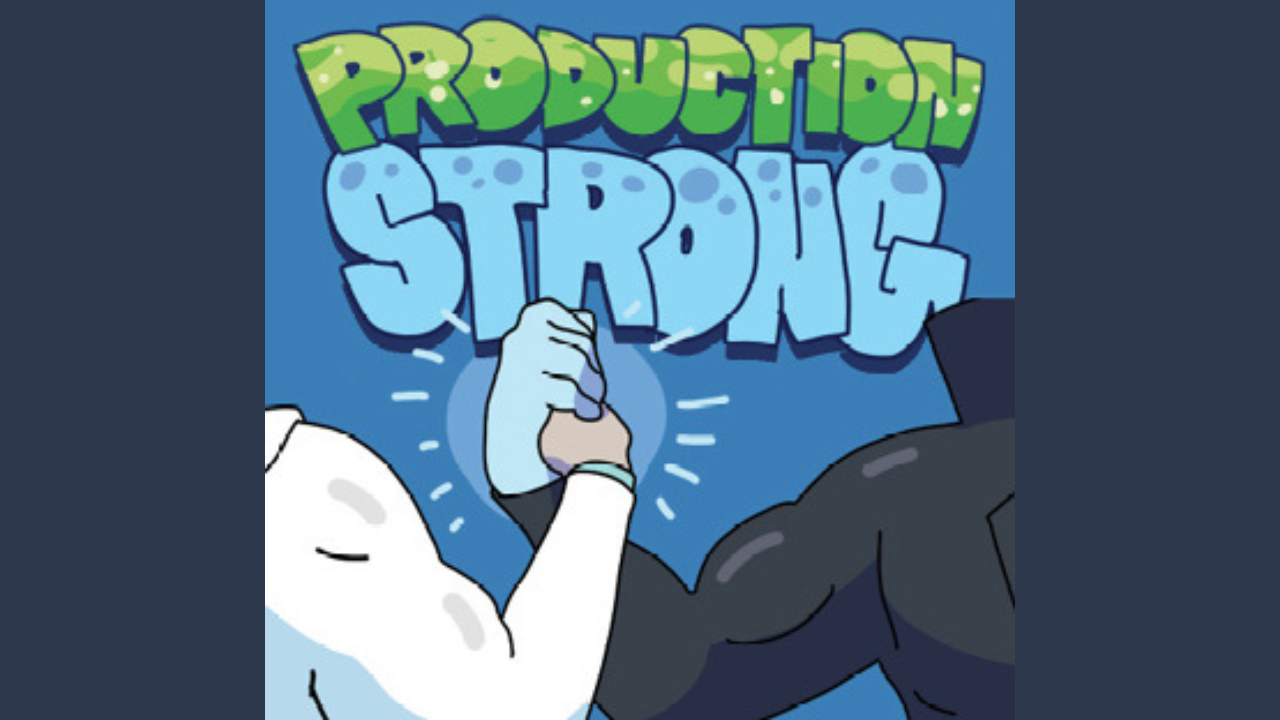
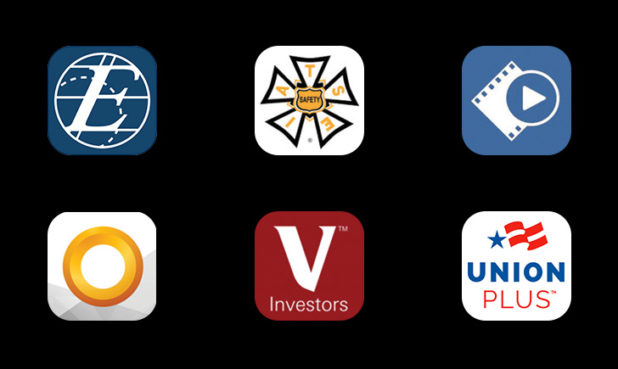
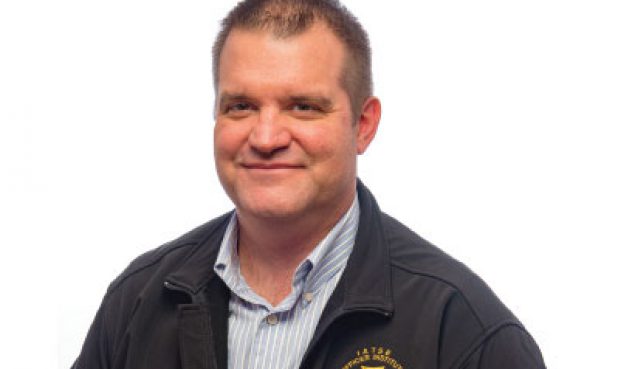
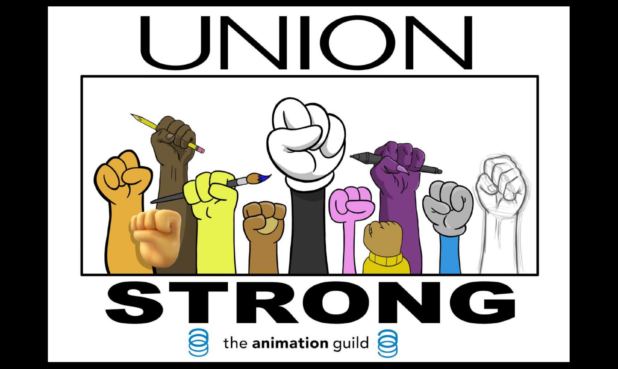
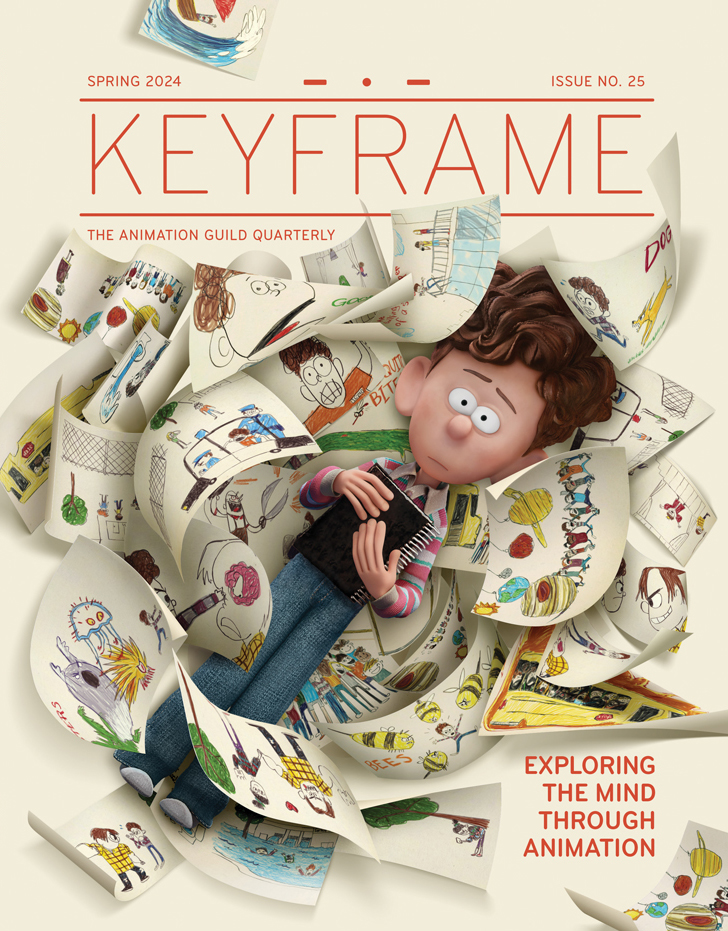
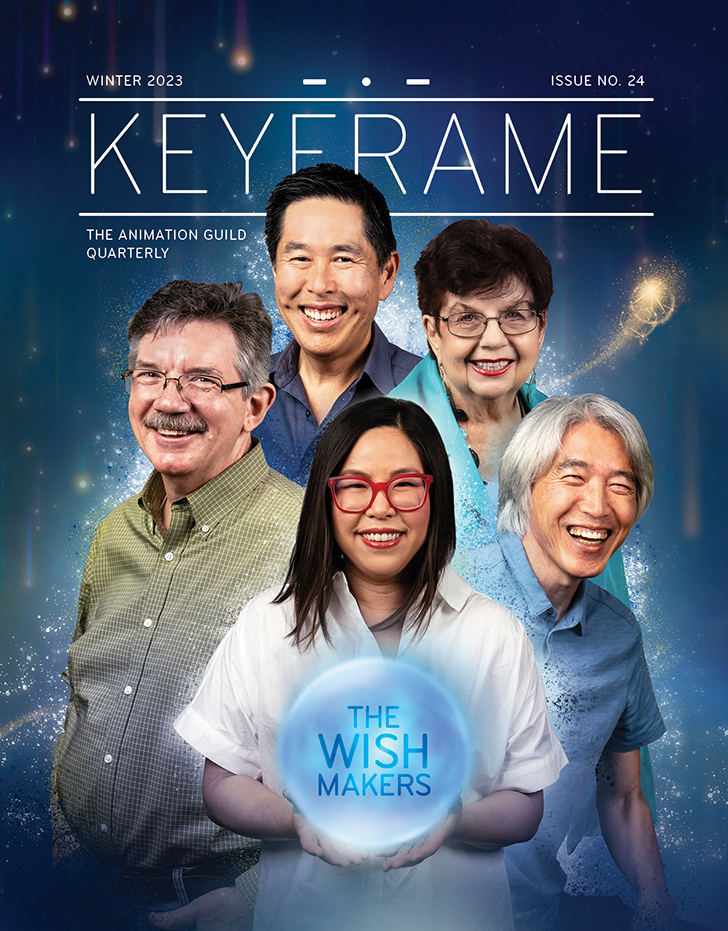
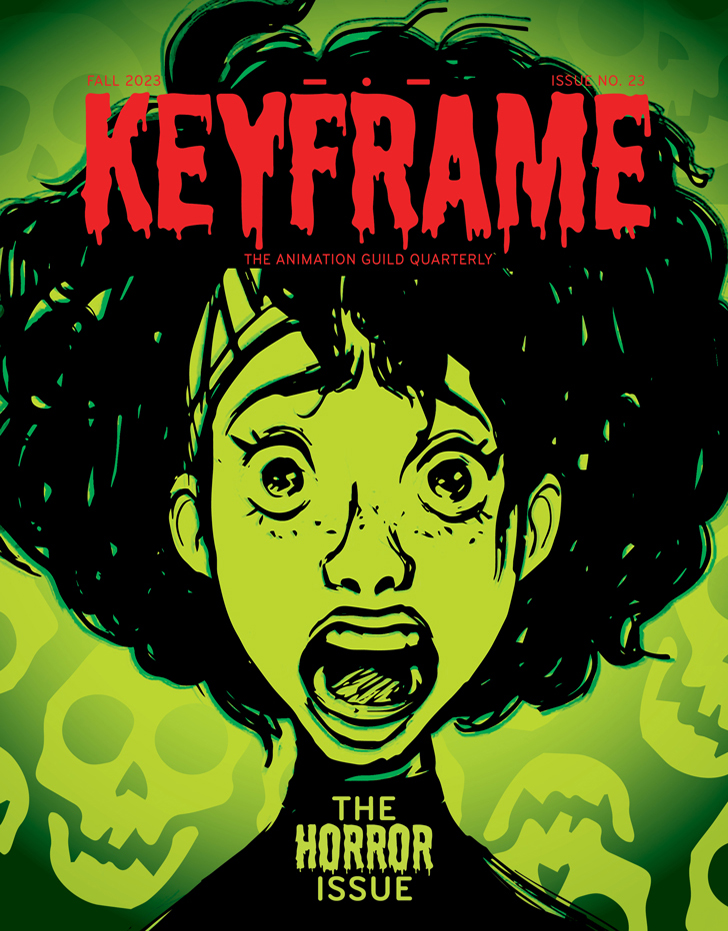
.png)